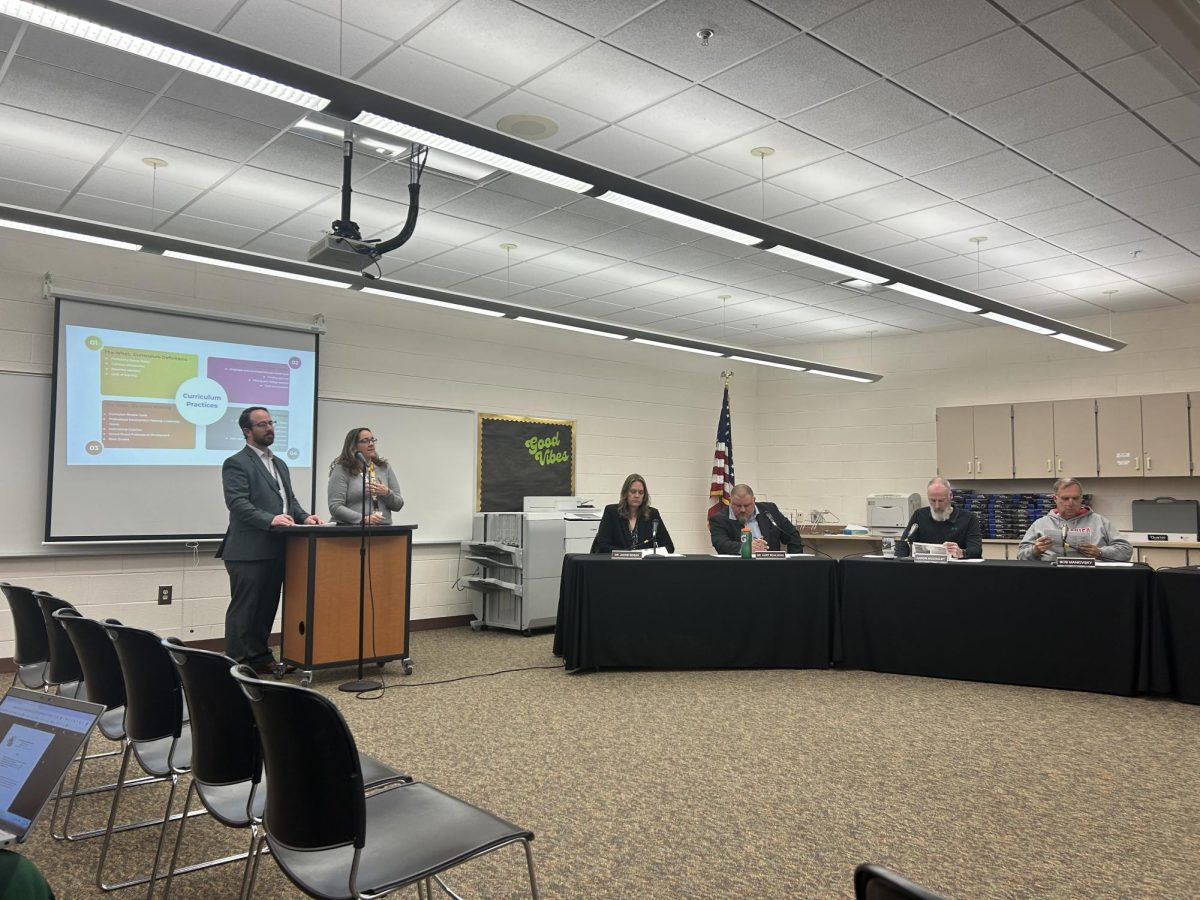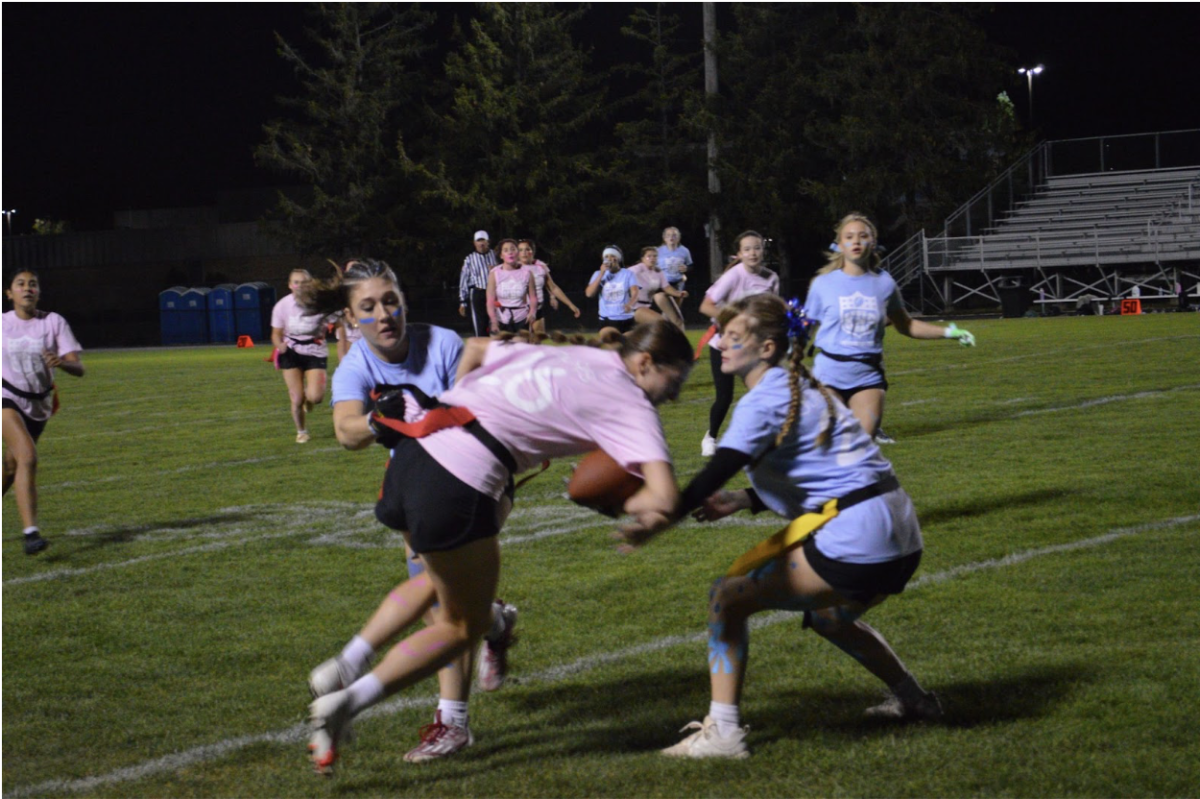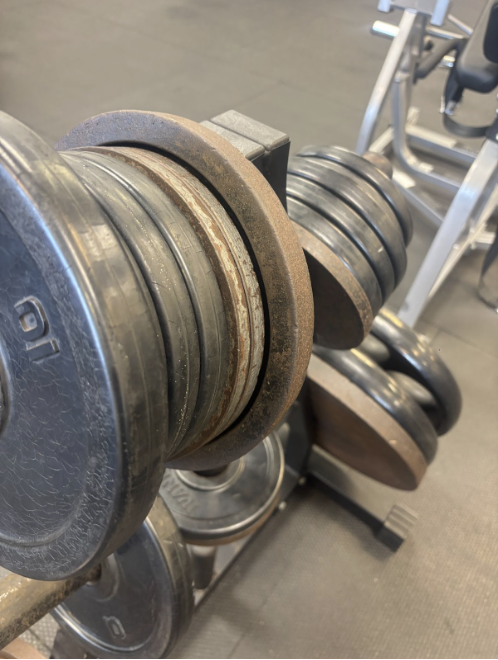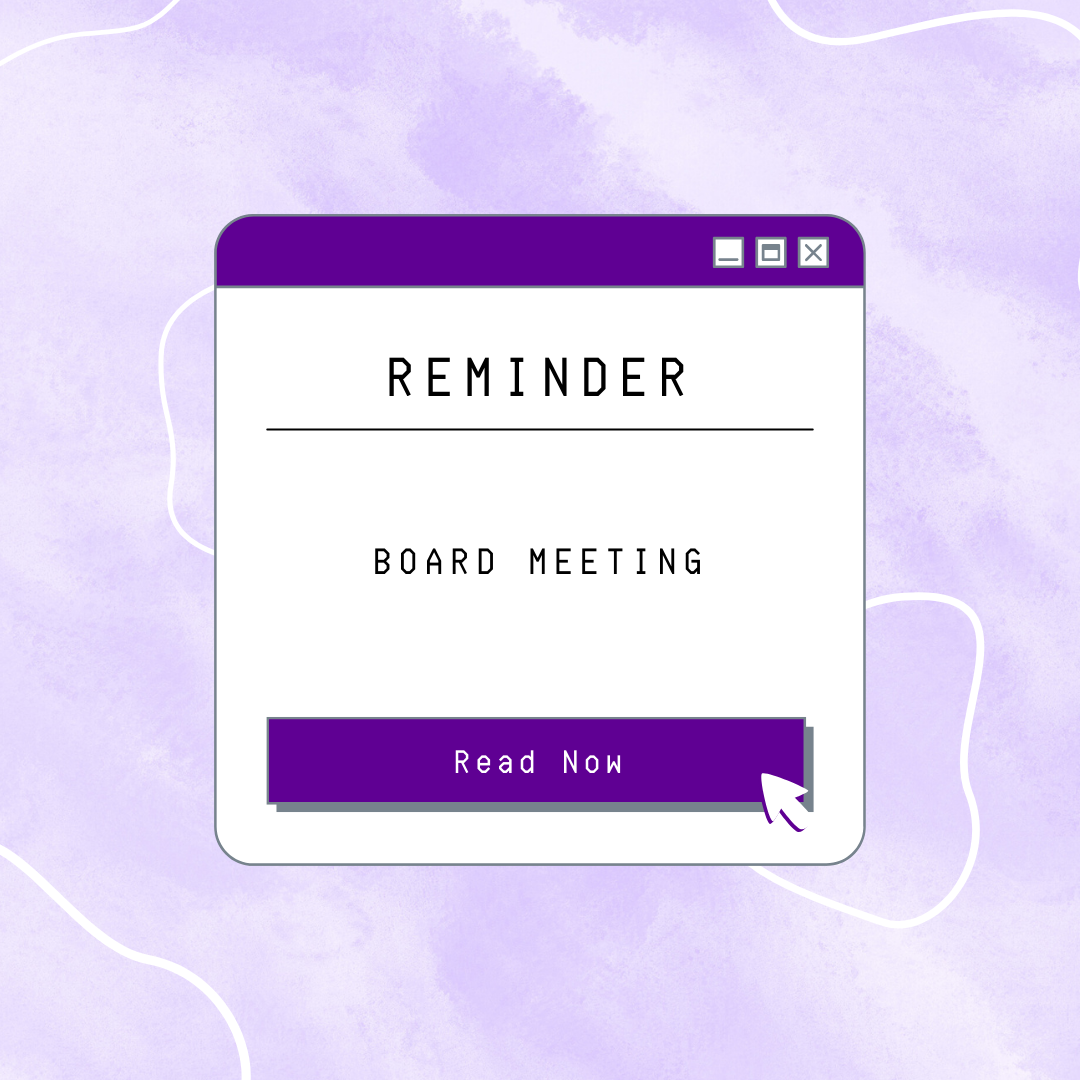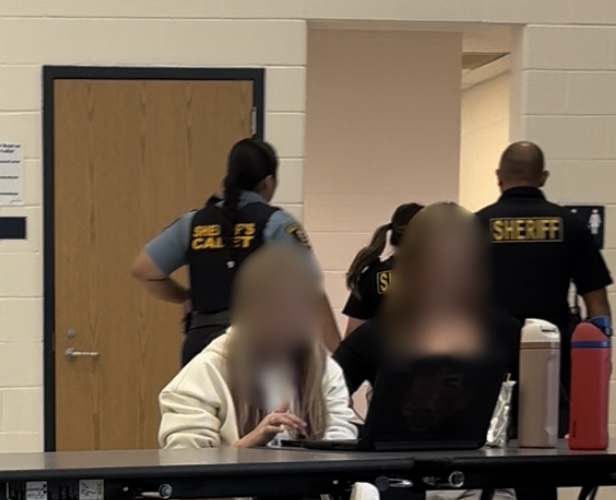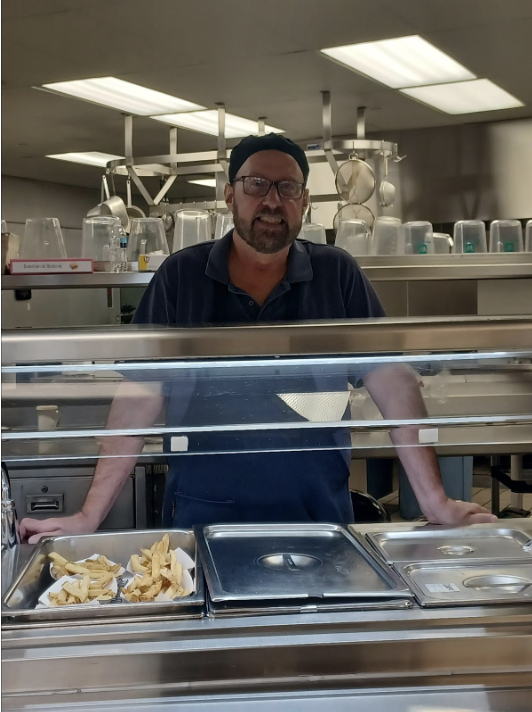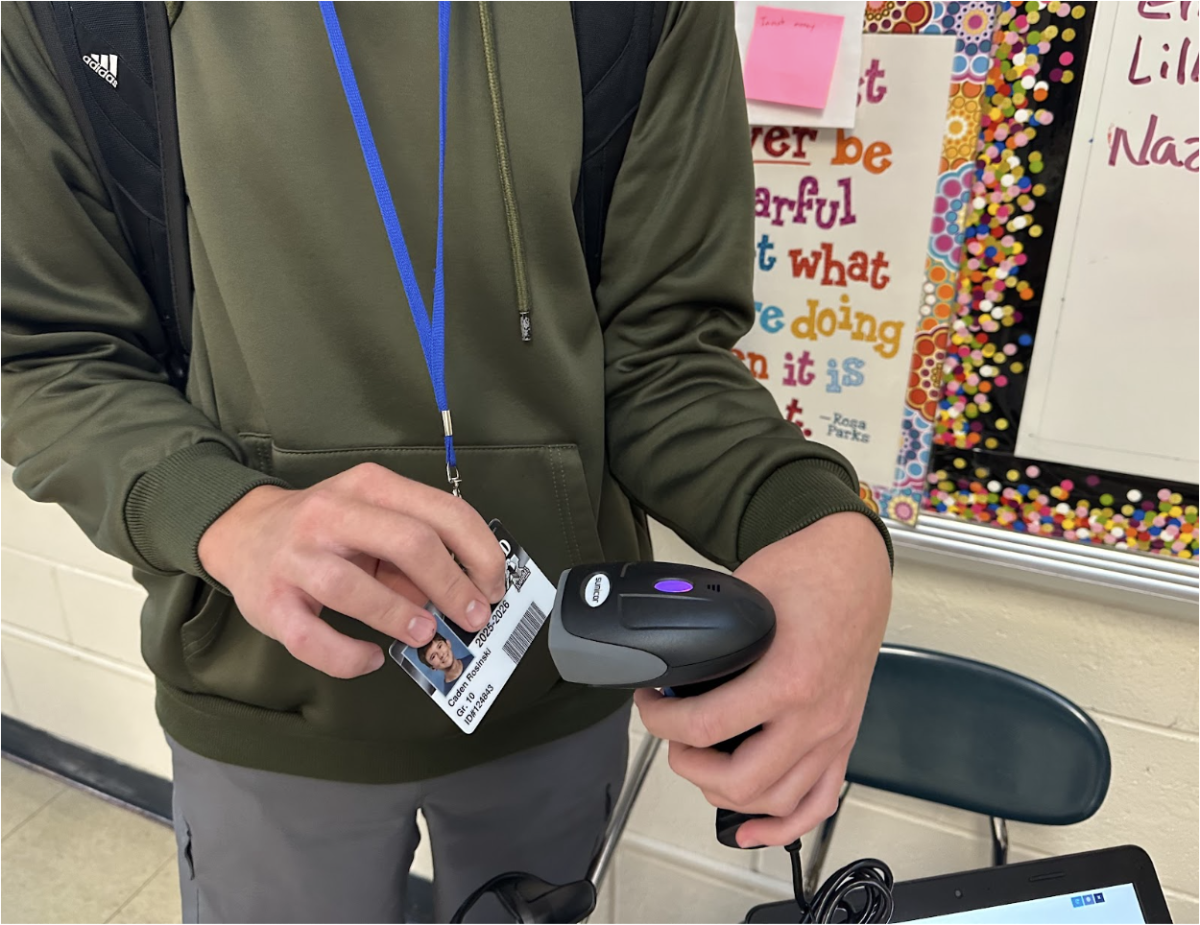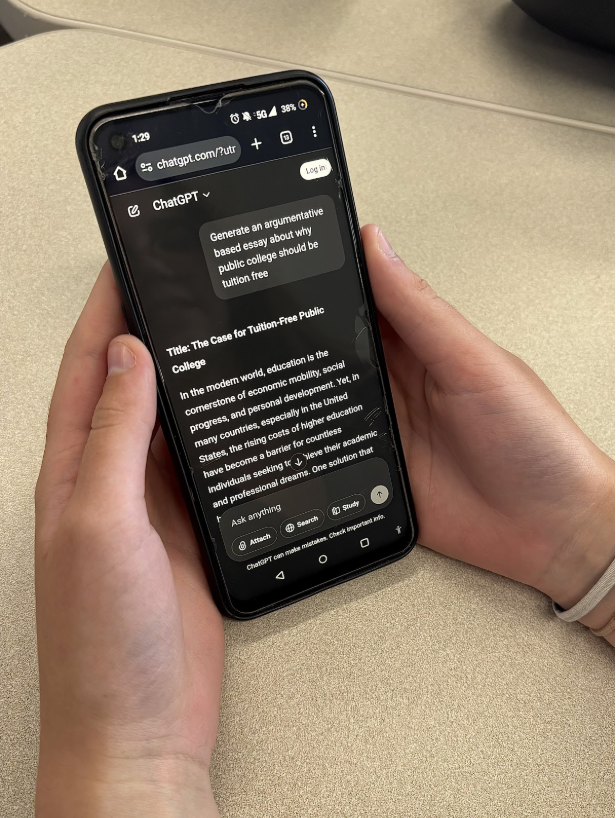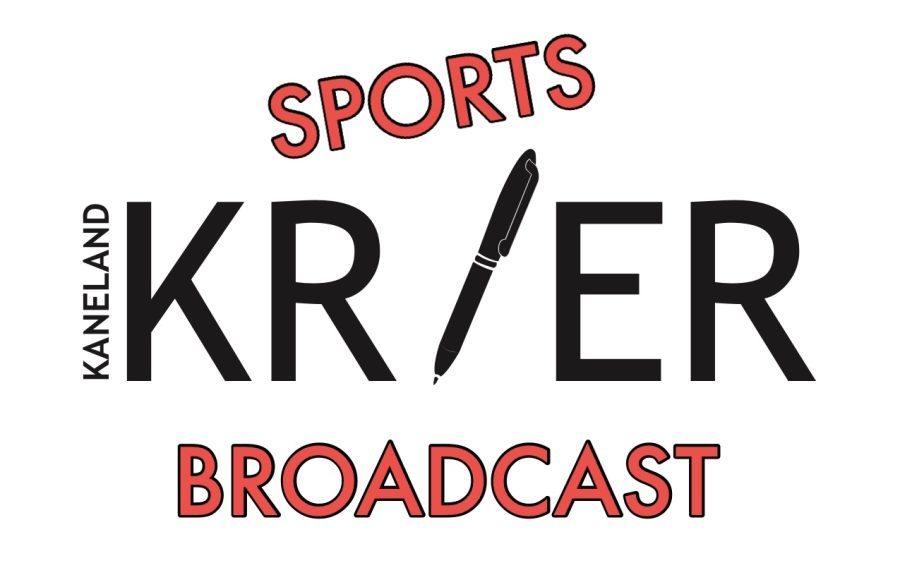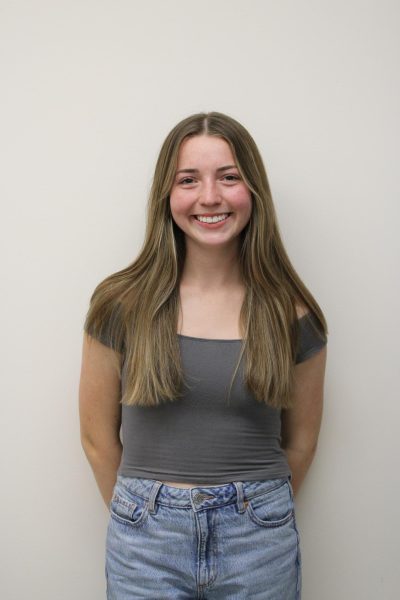The Dec. 16, 2024, board meeting involved a decision regarding which referendum plan would be on the ballot for the Kaneland community, a review of the district’s technology and areas to save money and the first of a series of presentations about curriculum practices within the district.
With a 7-0 vote, the board approved the recommended $140,274,000 referendum plan, the most expensive of the three options listed, after concluding that a complete refresh would be the most appetizing to voters.
“Folks want to see huge improvements. They don’t want to just see bandaids,” board member Aaron Lawler said. “We have to do something different this time. If we don’t, it’s dead in the water.”
However, the substantial price tag did raise concerns from board members, particularly those who wondered if the community was willing to invest in a project of that magnitude. Board member Edumund Koch was worried that the third option is “not appetizing to the economic climate in the district.”
The agreed upon plan encompasses renovations including essential repairs, a fieldhouse, new maintenance and transportation facilities, and improvements to playground spaces, learning areas, restrooms, athletic facilities and the KHS main entrance. It would also let the district catch up on the capital project list, which Assistant Superintendent for Business/CSBO Jackie Bogan said would be a tough accomplishment otherwise with their current spending trends.
The referendum will be voted on during the April 1, 2025, special election, just under two years after the $57.5 million referendum proposal failed to pass. Increased community engagement is one factor that the board hopes will result in a different outcome.
Director of Technology Tim Wolf then gave an overview of the vast areas of technology that the technology department manages and cost-saving opportunities that have been and can be implemented. Applying for state grants to receive money for cybersecurity costs and using requests for proposals (RFPs) are two ways of cutting costs. One RFP that Wolf worked on will result in Verizon decreasing the price for cellular devices by 10 dollars per device per month, making Kaneland the first district in Illinois with that pricing.
Wolf stated that while his department grows, their budget doesn’t. Most of their costs are set year-to-year and can’t be negotiated, so they would have to make significant cuts to see large savings. One specific area Wolf identified for saving were printers within the district. Kaneland utilizes a centralized printing system, which lets employees use any printer within the district. These printers only cost about $0.05 per sheet to print. However, there are numerous non-centralized printers that cost between $0.03 and $0.15 per sheet to print. Wolf estimates that around $43,000 per year is spent on these non-centralized printers, which would make their removal cost efficient.
Board member Jennifer Simmons asked what Wolf’s process was to stay ahead in the technology game. Wolf explained how monthly meetings with fellow directors of technology in Kane Country and regular meetings with technology entrepreneur and former Kaneland employee Nic Borg allow him to stay up to date.
The board thanked Wolf for looking into grants and cost-saving opportunities, and Wolf acknowledged his “wonderful staff.”
New business concluded with a presentation by Director of Educational Services EC-5 Sarah Mumm and Director of Educational Services 6-12 James Horne, the first of a series covering curriculum practices in the district. Mumm and Horne covered definitions of key terms, how learning tools are approved and used, the curriculum review process and curriculum design.
Board Vice President Bob Mankivsky brought up his concern that the next time the English curriculum is up for review isn’t until fiscal year 2029, which he believed to be too late. He also felt that teachers needed more resources provided to them to aid with instruction. Horne and Mumm affirmed that the current nine-year review cycle is subject to change. A curriculum review every 5-7 years is what is recommended, but Kaneland has historically only reviewed every 11-13 years due to finances.
Board President Addam Gonzales and Lawler also expressed unease that new materials are piloted on students, which they said makes parents worry because they don’t want their children to be taught using experimental materials during critical periods of education. Pilot programs usually only center on one unit, which makes the risk of students not receiving the best education low, Mumm and Horne responded.
Board and superintendent salutes included recognition of successful Kaneland Harter Middle School athletes Macey Jug and Joe Diguglielmo for cross country and golf, respectively. KHMS athletic director Pattie Patermann also welcomed Deputy Superintendent Kurt Rohlwing to the district and expressed gratitude for coaches, parents, event workers, maintenance and custodial staff and the transportation team.
Gonzales then honored Superintendent of Schools Todd Leden, as this was his last board meeting before he retires. Gonzales presented him with a retirement clock wrapped in ribbon and thanked him for his service to the district. Leden noted his disappointment at having to cancel his retirement reception because of sickness and mentioned possibly rescheduling it and expressed his thanks for the people he has interacted with during his time as superintendent.
Student Representative Sarah Slattery discussed the boys and girls basketball teams’ recent wins against Sycamore High School and mentioned girls bowling, the start of baseball’s winter conditioning and finals week for the high school.
There were two public comments. In the first round, Sugar Grove resident and parent Jennifer Crocker expressed dissatisfaction about the lack of resources provided to help the students who transitioned to Kaneland High School from Kaneland IgKnight Personalized Learning Academy (KIPLA). She also urged the board to come to a firm decision whether they want to offer KIPLA at the high school level or not.
“Are you in or out? Make a decision,” Crocker said. “If you’re going to stick to third through eighth grade, then just say so.”
In the second round of public comments, Elburn resident Sheila Albano said that she believes the board’s choice of referendum plan was the right one and volunteered herself to be part of a “go committee.”
The next meeting will be held on Monday, Jan. 13, 2025.


